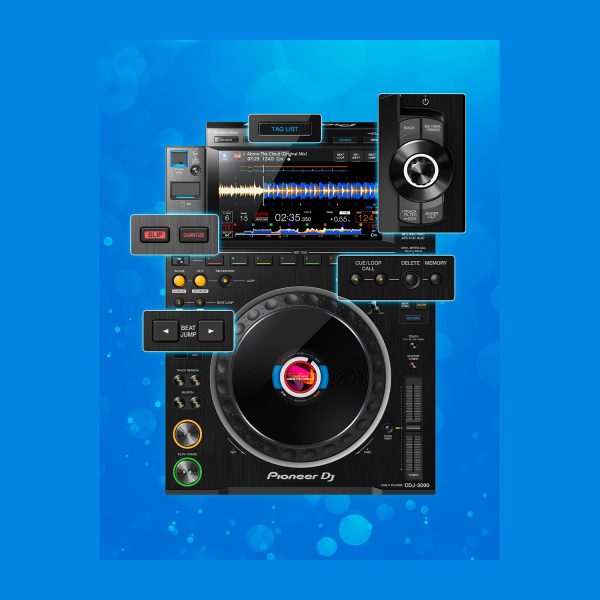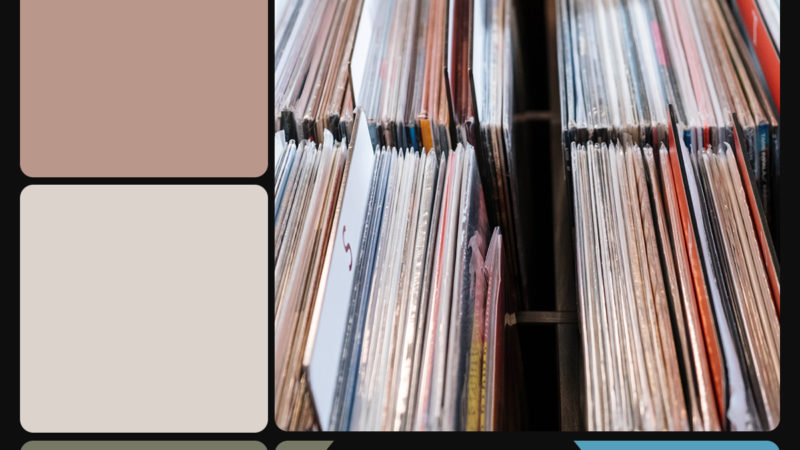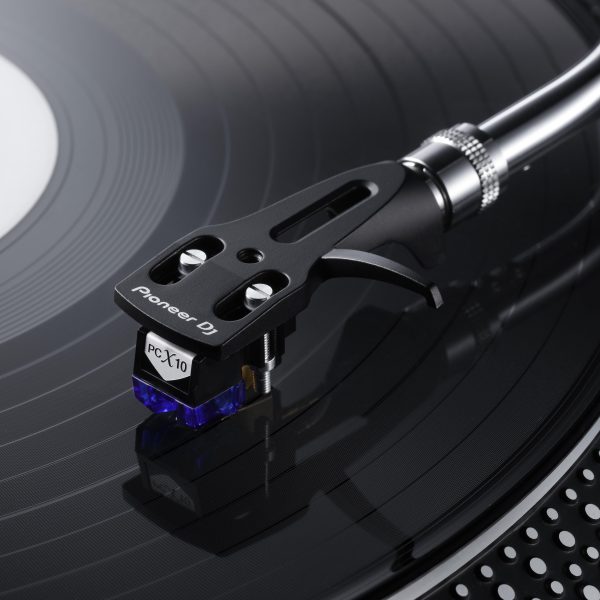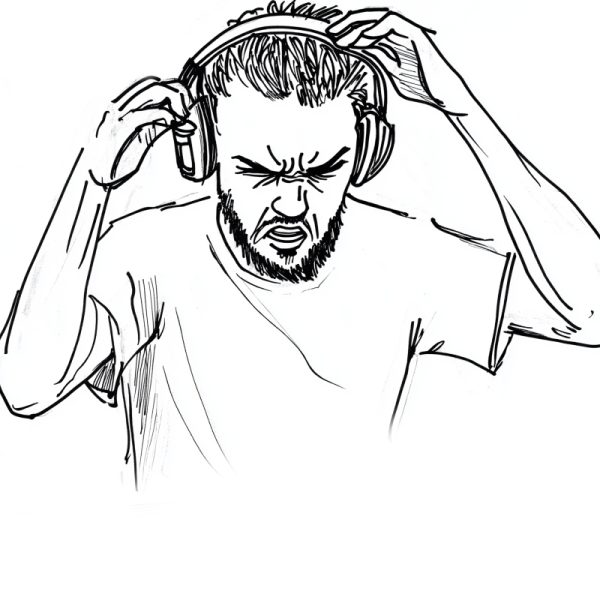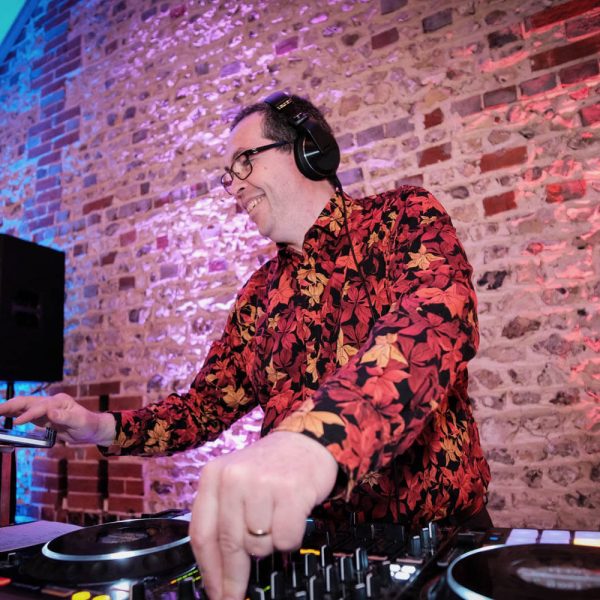I noticed you use compilation releases a lot. I get the feeling they’re becoming more popular among labels. It seems like a good way of road testing new artists for a possible future EP.
That’s exactly it. Now we’ve built Sola to a certain level whereby we’re an established record label, people know to go to listen to Sola music regardless of whether it’s in the charts. If you see one of our compilations you’re probably going to listen to it…
With the compilation albums, when we get new artists—we only do 12 releases a year on Sola and we do 12 releases a year on Sola Nauts. There aren’t that many spaces to release music, but we get a lot of artists who are up-and-comers, whose tracks we play in our sets, tracks we think are quality. We can’t, so to speak, waste that release on Sola. To make sure we get a successful release on Sola we need to build up an artist on a compilation. Get them into the Beatport Top 100 through releasing on the compilation. That way we can look to release more music from those newer artists as an actual EP further down the line. We might have to put them on compilations a few times, just to build up that backing.
It could also work that if we put them on a compilation, other labels might sign them. And then people will begin to know the artist through other labels. It’s like Man United getting a player who’s amazing but needs some work, so they send him out on loan to another club. We’ve done that with loads of people, like Mason Maynard, Sosa, Eldon. It’s a bit of a waiting game for artists. You can’t just jump straight into [success] nowadays. You’ve got to have a bit of a plan behind you. The whole idea is to build people up and make sure they’re successful long-term.
Do you have to manage people’s expectations? It’s probably harder than ever to break into this thing.
It is, yeah. But it’s what I said: you’ve got to build people up. We built ourselves up through releasing our music, releasing on loads of different labels. Once we were getting somewhere we had a big tune to put out to really put ourselves towards the front of it all. I could sign a track that is really strong from an unknown artist and put it out straight onto Sola. But if that track doesn’t do well for them it’s a waste of a release. It’s also going to be very disheartening for them… The music scene isn’t easy. In terms of trying to break into it, it’s probably not far off being a footballer. Everyone can be a DJ—but a successful one, touring the world, that’s not easy to do.
There are so many one-hit wonders out there. So many, I can reel them off. That’s because they’ve just jumped straight into it. They’ve not actually learned what goes into this, how hard the music industry is, to sustain yourself as an artist. The whole idea is that you take small steps and those steps get bigger and bigger. Then once you’re at a certain level you can start putting the big tunes out. That’s the model we try to work with on Sola.
Is there any other advice you’d like to offer people?
One thing I think you should never do, which happens all the time, is people get in touch saying, “Oh this is my first tune, what do you think?” What’s the point of me listening to it, it’s not going to be good. Then further down the line when you send me a tune I’m not going to bother listening to it. That sounds harsh, but that’s how it works.
I remember doing it myself. My first tunes in dubstep, pushing them on people saying, “This is the best, this is amazing.” When I look back on those tunes now I think, oh my god, they’re the biggest pile of shit. It closes the ears of the people listening to your music… I say this to people all the time: don’t jump on the first boat out to sea. Make sure you work and work on your tunes.
When I started doing Solardo I knew all of this and it’s one thing I took away from my career doing dubstep. I went around so many different people’s studios getting feedback as opposed to sending emails. After making about 100 tunes I realised that the music was really good enough to stand behind. Travelling to Mexico, to BPM Festival, climbing over barriers and saying to DJs, “You have to listen to this!” You have to make sure your music is of that level.
Steve Lawler was one guy particularly we did this to. He was missing loads of tunes, not listening to them. I jumped over a barrier and said, “Listen: you need to listen to this because this will change the game. It’s the best music you’re going to listen to potentially this year.” When you say something like that to someone they’re going to take you seriously. But if they listen to your music and it isn’t that they’re going to think, what a wanker he was. The next day at BPM he played 11 of our tunes in his sets. I basically stood there and said, “I told you.”
Obviously these bigger DJs go to afterparties… They’ll be speaking about new music, about producers, and I assume Steve would have been at an afterparty [talking about us]. Next thing you know, word starts spreading around quickly. That’s why I emphasize the fact that before you start pushing your music passionately on people, make sure it’s as best it can possibly be. Show your music to your mates but then try to show people who don’t like your music, or ideally don’t like you, or you don’t know them. Say, “What do you reckon to this?” I play my music to so many people, saying, “I don’t care if you don’t like it, you just have to tell me.”
